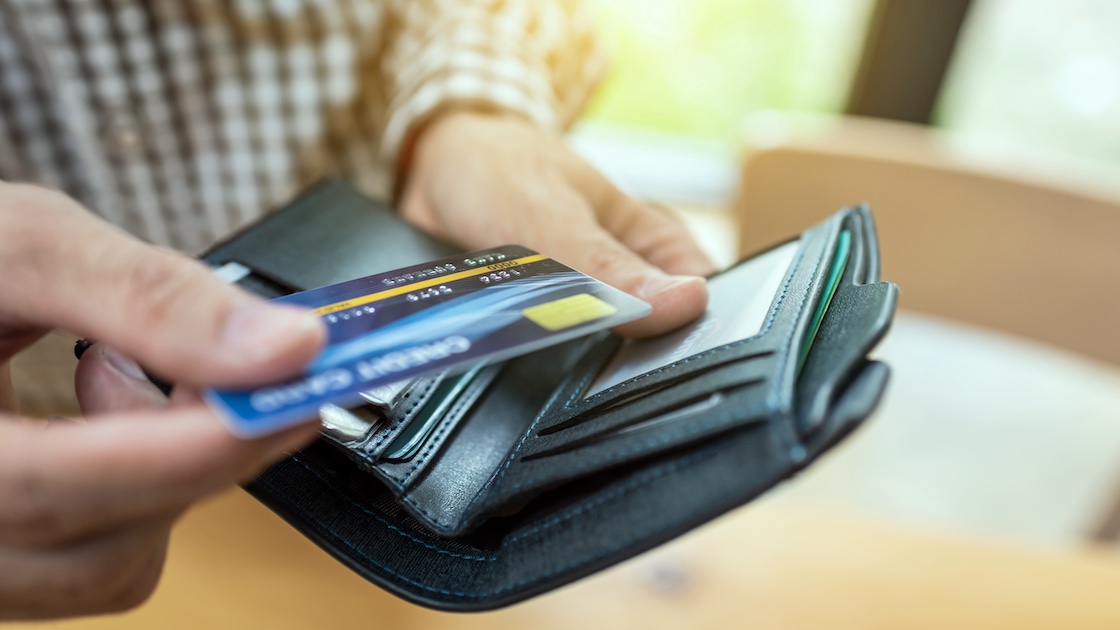How Medicare Fraud Can Impact Future Benefits and Health Outcomes
It is estimated that fraud, abuse, and errors cost Medicare $60–$90 billion every year. Numbers like these are worth talking about – they cause major headaches for government officials, waste critical resources on bogus expenses, and contribute to rising healthcare costs. But if you or a loved one is a Medicare recipient, you’ll want to look beyond these big figures to understand how this fraud impacts beneficiaries as individuals, and what you can do about it.
First, let’s define Medicare Fraud
Medicare fraud occurs when someone intentionally deceives Medicare to receive payment when they should not. The National Council on Aging shares some common examples including:
- Charging for services or supplies that were not provided;
- Misrepresenting a diagnosis, a person’s identity, the service provided, or other facts to justify payment; and
- Prescribing or providing excessive or unnecessary tests and services.
In recent years, charges related to telemedicine, genetic testing, cardiovascular screens, and medical equipment were among the schemes the government cracked down on.
Understanding the risks
The consequences of improper medical care is one of the greatest risks of Medicare fraud. As the National Center on Law and Legal Rights (NCLER) explains: “Receiving health care from a fraudulent provider can mean the quality of the care is poor, the intervention is not medically necessary, or worse: the intervention is harmful. A beneficiary may later receive improper medical treatment from legitimate providers because of inaccurate medical records that may contain false diagnoses or incorrect lab results.”
There is also a risk that your future benefits could be compromised. If your records indicate that tests, treatment, or equipment were already provided, Medicare may deny payment for the same request later on. This is particularly common for health care procedures that have limits around how much or how frequently Medicare will cover them.
Medicare recipients whose medical information was used improperly may also "find that they do not qualify for long-term care or other insurance if their medical records have fraudulent treatments and tests,” according to Julie Schoen, former director of the California Senior Medicare Patrol.
Even folks who aren’t directly impacted by Medicare fraud are at risk of its ill-effects. When scams around a particular type of medical equipment (motorized wheelchairs, orthotics, nebulizers, etc.) become popular among fraudsters, Medicare will often crack down on approving these items for anyone. This can make it more difficult to get coverage for these items, even if they are medically necessary for a beneficiary. Drains on Medicare funds due to fraud and abuse can also result in increased healthcare costs across the board, including higher premiums and copays for beneficiaries.
What you can do to help protect yourself, your loved ones, or your clients
There are several basic precautions everyone can take to avoid financial fraud and identity theft. Most of these scams start with a telemarketing call. So, make it your policy never to give out any personal information over the phone, especially credit card or insurance information. If you’re speaking with a doctor or other medical care professional over the phone or in a video consultation, they should already have whatever insurance and personal information they need.
Similarly, legitimate free medical services do not require handing over your insurance information. If, during a phone call, you’re offered medical equipment, supplies, or services you aren’t sure you need, don’t accept them.
Be especially vigilant during Medicare enrollment periods. Scammers are often offering fake Medicare and Medicare D prescription drug plans, or services and products not actually covered by Medicare. Verify any insurance plan you are considering on the plan finder at Medicare.gov. If it’s not there, it may not be legitimate.
The Medicare website provides specific guidance on how to avoid fraud, recognizing fraud when it happens, and reporting it. Here are the basics:
- Protect your identity. Your Medicare number is as valuable to fraudsters as your credit card or Social Security numbers. Guard it accordingly and report a lost or stolen Medicare card immediately.
- Keep records. Make note of the dates you receive health care services and save all receipts and statements from providers to check for mistakes.
- Compare records. Be sure to compare your records with Medicare statements. Make sure the dates and services on your calendar match those on the statements you get from Medicare to ensure the details are correct.
- Check your claims. Don’t put off checking your claims. The sooner you see and report errors, the sooner fraud can be stopped. If you do find something listed in your claims that doesn’t match your records, fraud or abuse could be to blame.
- Inquire about inconsistencies. Call the provider’s office to ask about any charges for which you don’t have a record. The statement may be correct but worded differently from your notes, there may have been a billing error or it might be evidence of fraud.
- Report suspected fraud. If you suspect Medicare is being billed for healthcare you didn't receive and/or if you can’t identify the provider on the claim, report it to Medicare at 1-800-MEDICARE (1-800-633-4227). TTY (teletypewriter) users can call 1-877-486-2048. Medicare fraud can also be reported to the Office of the Inspector General online or at 1-800-HHS-TIPS (1-800-447-8477). TTY: 1-800-377-4950.
It’s also a good idea to get connected with your local Senior Medicare Patrol (SMP) before you run into a problem. SMPs exist to empower and assist Medicare beneficiaries, their families, and caregivers to prevent, detect, and report health care fraud, errors, and abuse.











